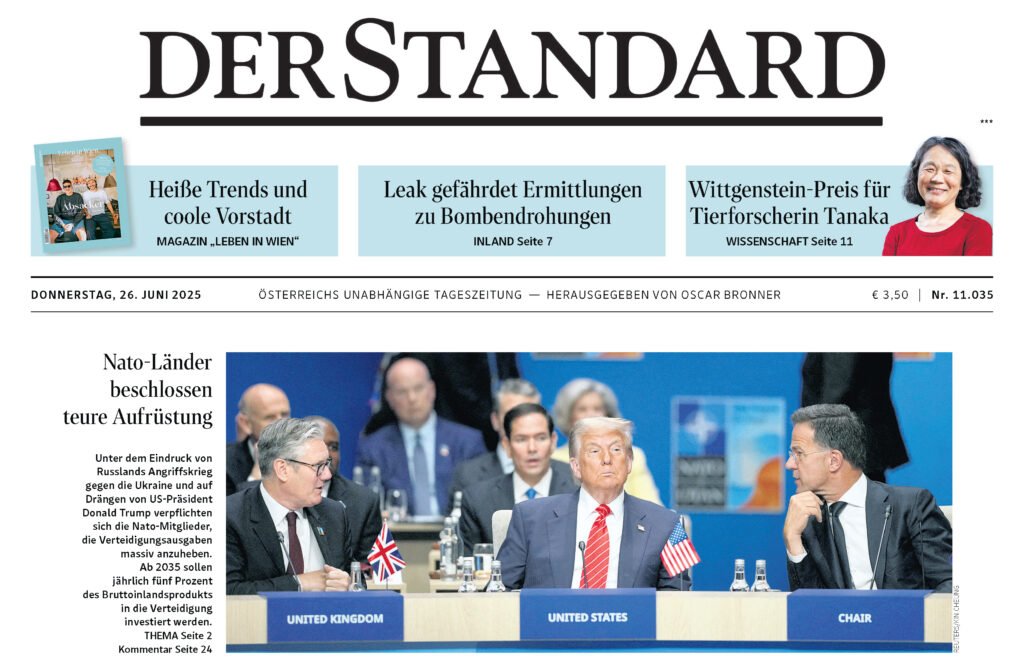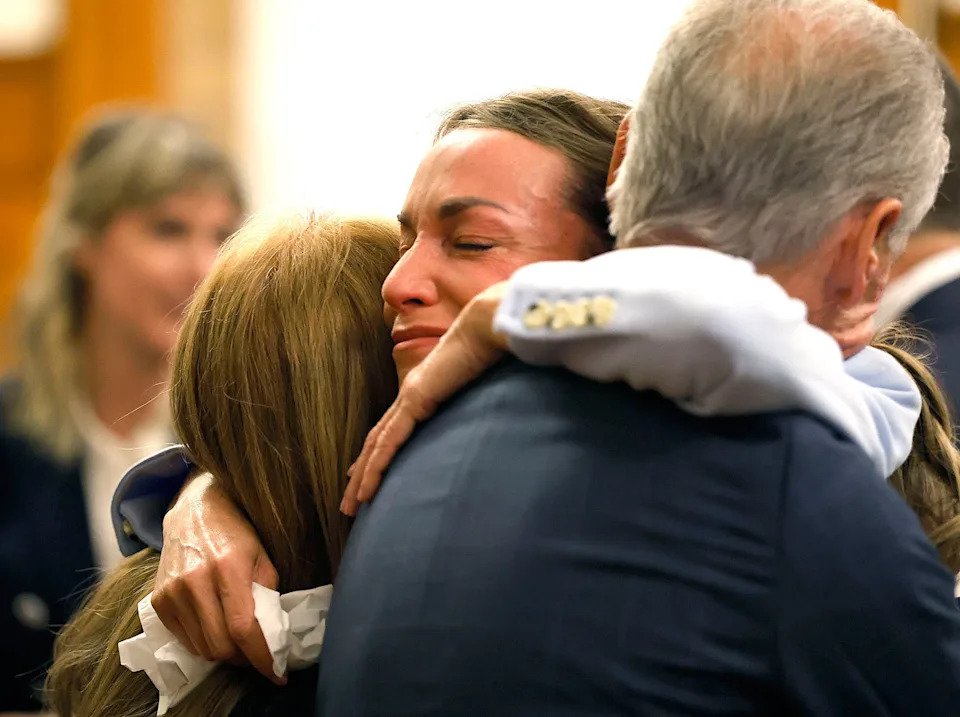Early on in Donald Trump’s first term, one of the president’s top priorities was repealing the Affordable Care Act and replacing it with a Republican alternative. As he and his party struggled mightily, he eventually declared, “Nobody knew that health care could be so complicated.”
It was amusing, of course, because literally everyone who’s familiarized themselves with the governing details of health care policymaking was well aware of the issue’s complexity. But Trump, upon arriving in the White House, was gobsmacked: He apparently assumed he’d take power, scrap “Obamacare,” tell Congress to give everyone better health care coverage at a lower cost and — voila! — he’d “repeal and replace” the ACA.
When the rookie president actually confronted reality, however, he found himself frustrated by the fact that health care “could be so complicated.”
This came to mind anew watching Trump, eight years later, express similar frustrations about Russia’s war in Ukraine.
Austrian reporter Johannes Petrov reminded the president, “You once said that you would end the Ukraine war in 24 hours,” at which point Trump interjected, “Of course I said that sarcastically.”
Undeterred, the reporter asked, “But you’ve been in office for five months and five days. Why have you not been able to end the Ukraine war?”
The Republican responded, “Because it’s more difficult than people would have any idea.”
The first part of the exchange as notable in its own right. As a candidate, Trump repeatedly promised American voters that he’d end Russia’s devastating war in Ukraine before he was sworn in for a second term. He failed.
Trump similarly promised the public that he’d resolve the crisis “within 24 hours” of returning to the White House — and he failed on that front, too. In fact, by some accounts, Trump barely tried to keep his promise.
The idea that he was being “sarcastic” when he repeatedly vowed to end the conflict in a day is both absurd and at odds with the overwhelming evidence.
But doesn’t Trump have a bit of a point? Given the geopolitical conditions and relevant players’ motivations, isn’t it true that resolving the conflict is “difficult”?
Of course it’s difficult — but it was also difficult when Trump was making campaign promises he couldn’t possibly keep.
Throughout his career in politics, Trump, an ardent advocate of post-policy politics, has long characterized intractable challenges as easily resolved. Street crime is a problem? Simply allow “one real rough, nasty” and “violent day” of police retaliation and it would eradicate crime “immediately.”
The immigration system is broken? Build an ineffective wall. Hurricanes are approaching American soil? Hit them with nuclear weapons. There are too many shooters killing children in schools? Put more guns in the hands of school officials who might shoot back. A dangerous contagion is killing Americans? Try injecting people with disinfectants.
Drugs are ravaging communities? If we simply executed drug dealers, the problem would go away. There are drug cartels in Mexico? Launch missiles into our allied neighbor. There was a terrorist attack on U.S. soil? Impose “a total and complete shutdown of Muslims entering the United States until our country’s representatives can figure out what the hell is going on.”
Russia invaded a U.S. ally in Europe? Simply elect Trump, he’ll snap his fingers, and the war will end in one day.
Governing is hard. The fact that the president finds this frustrating speaks volumes about the disconnect between his attitudes and his responsibilities.
This post updates our related earlier coverage.







